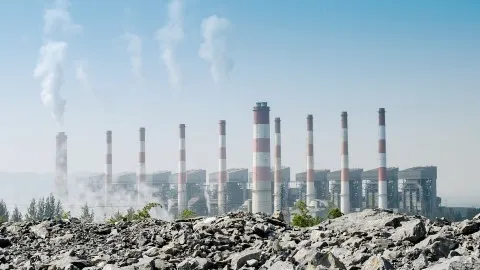
IRENA: $5.7t annual investment needed until 2030 to meet 1.5°C Scenario
Around $700b in annual investment in fossil fuel should be reallocated to energy transition technologies.
Investment of $5.7t annually until 2030 is required to keep the temperature rise to 1.5°C, meeting the 1.5°C Scenario, according to a report by the International Renewable Energy Agency (IRENA).
In the World Energy Transitions Outlook 2022, IRENA estimated that around $700b in annual investments in fossil fuels should be redirected towards energy transition technologies.
“Measures to eliminate market distortions, coupled with incentives for energy transition solutions, will facilitate the necessary changes in funding structures. Most of the additional capital is expected to come from the private sector, it said.
“But public financing will also have to double in order to catalyse private finance and create an enabling environment for speedy transition with optimal socio-economic outcomes,” it added.
IRENA also identified key investment opportunities for the decade, noting that in the power sector, an accelerated investment of $1.7t annually would account for 36% of the total required energy transition investment up to 2030. Investments would be allotted for additional renewable power generation capacity, grid extension, and grid flexibility measures.
Investment in the buildings sector, meanwhile, is dominated by energy efficiency which accounts for $1.5t annually this decade because of the need to improve efficiency standards of existing buildings and to invest in heat pumps and renewables, mostly solar thermal.
The agency also noted that bioenergy investments are expected to increase to $226 per year, mostly to increase biofuels supply, whilst investments in charging infrastructure for electric vehicles would rise to $86b yearly, representing 2% of the total transition-related investment.
For the hydrogen sector, IRENA expects investments in electrolyser, hydrogen supply infrastructure, and renewables-based hydrogen feedstocks for chemical production to exceed $88b on average until 2030.
The 2015 Paris Agreement on climate change, which was adopted by 196 parties, targets to limit global warming to well below 2°C, preferable at 1.5°C.
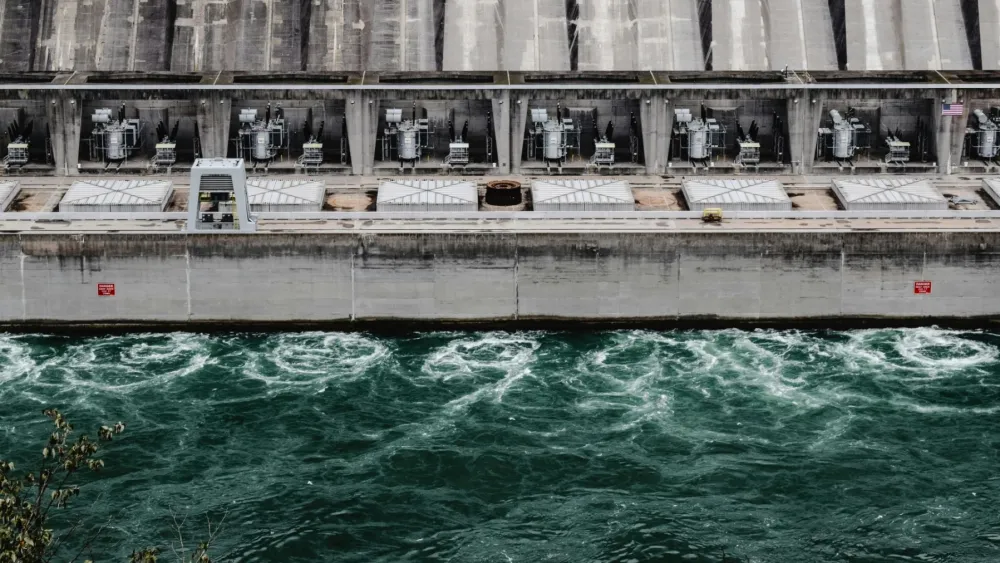
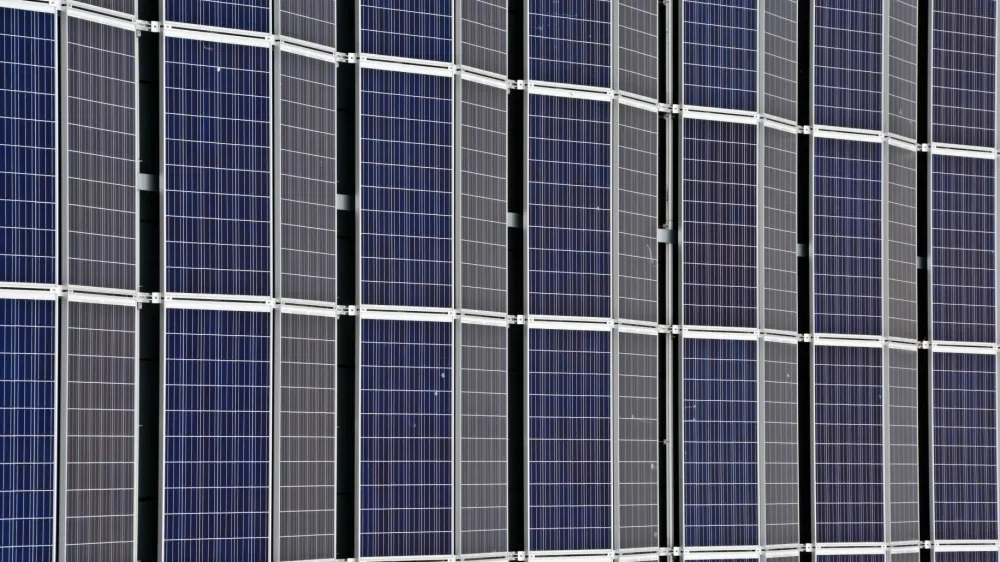
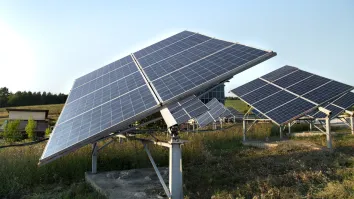
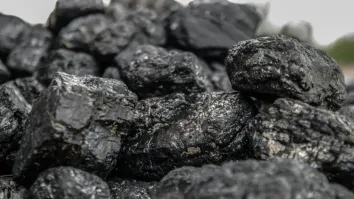

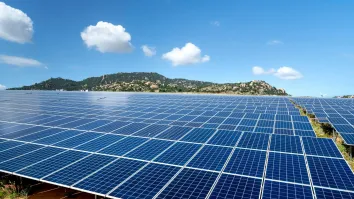













 Advertise
Advertise







